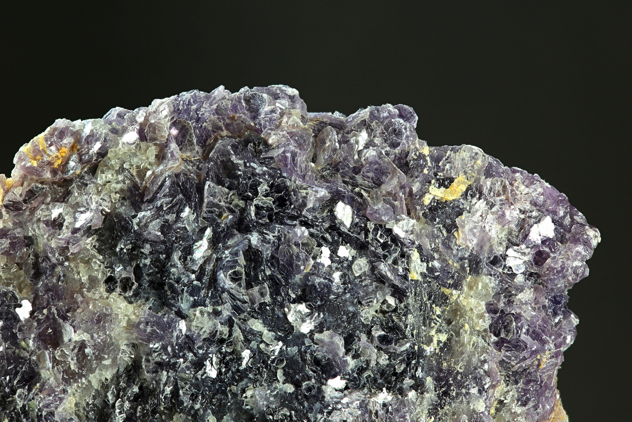Why Recycling Lithium Is Important
The Energy Crisis of the 1970s emerged from several geopolitical upheavals that eventually ebbed into the oil glut of the 1980s. Consumers enjoyed low gas prices during the 1980s and 1990s, due in part to the Reagan administration’s total lack of concern for the environmental and climatic impact of burning fossil fuels.
When information previously suppressed by the Soviet Union emerged in the early 1990s regarding the severity of the 1986 Chernobyl incident, the expansion of nuclear energy literally came to a halt. This naturally led to significantly accelerated growth in the gas and oil industries.
Fast forward to the 21st century. Research is proving without a doubt that the planet is rapidly heating up, that ecosystems are dying, and half the world is facing food shortages due to climate change. One way to combat impending environmental disasters, according to scientists, is to greatly reduce our reliance on gas-powered vehicles.
Fortunately, consumers are buying more electrically-powered vehicles than ever before. Pew Research reports well over 1.5 million EVs were bought in the U.S. in 2020. However, Europe continues to lead the world in sales of EVs (60 percent) followed by China and the U.S.
Electric Vehicles and the Demand for Lithium: Are Global Supplies on the Verge of Depleting Already?
Two of the biggest automakers–Ford and General Motors plan to manufacture dozens of electric vehicle (EV) models and makes by 2023. In addition, industry experts expect the production and sales of EVs will increase 30 times over compared to the current production and sales rate within the decade.
Although this great news benefits the health of the planet, it also means the demand for lithium ion batteries will grow exponentially. According to the U.S. Department of the Interior, the total amount of lithium reserves is an estimated 14 million tons. However, 100 Tesla-scale facilities designed to produce lithium ion batteries are planning to be fully operational in 20 years to meet the demand for EVs. If electrical vehicles overtake the population of gas-powered vehicles as expected, lithium producers would have to provide 800,000 metric tons to global auto manufacturers by 2040. At that anticipated rate, world lithium reserves would be depleted in 17 years.
In response to these worrisome statistics, government energy watchdogs are urging more research into possible substitutions for lithium compounds. For example, magnesium, calcium, zinc, and mercury may be used in primary lithium batteries, manufactured glass, and other products that do not require raw lithium.
Can Recycling Lithium Ion Batteries Prevent Depletion of Lithium Reserves?
Few recycling centers are equipped to properly recycle lithium ion batteries. An EV’s lithium ion battery must first be dismantled to separate components containing electrodes and lithium cells. These parts are then pulverized into a powdery substance called a black mass which contains nickel, cobalt, lithium, and other valuable elements. Black mass recycling may provide as much as a 90 percent reduction in the emission of carbon dioxide.
Currently, disassembling lithium ion batteries is performed manually in controlled settings to prevent contamination. To address the inefficiency of recycling lithium ion batteries, the UK’s Faraday Institution is researching how to implement robotic disassembly of discarded lithium ion batteries.
The Relib Project supported by the Faraday Institution is also researching the reuse and recycling of lithium ion batteries utilizing ultrasonic probes. By blasting the surfaces of cathodes and anodes with ultrasonic energy, the probe removes lithium and other elements to avoid shredding battery parts.
According to the Relib Project, the ultrasonic method of recycling is capable of processing 100 times more materials than the standard hydrometallurgy recycling method. Additionally, ultrasonic recycling costs 50 percent less than manufacturing a new lithium ion battery from raw materials.
Contact Potomac eCycle today for information about recycling lithium batteries properly.


Recent Comments